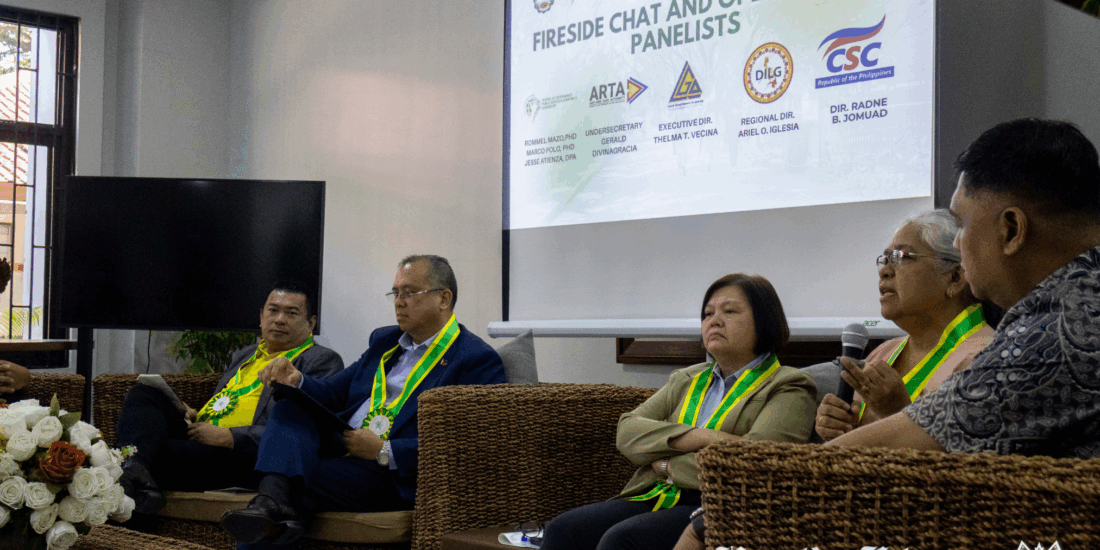COVID-19: Beyond cultural barriers
Originally published in The HERALDO FILIPINO Broadsheet Vol. 34 Double Issue
Unspoken of, Filipinos have always been racist. It wasn’t actually a big deal back then because it has become a norm for Filipinos to call each other “maitim” or “pango”. It wasn’t simply called out as it has been considered to be a little joke between friends and anyone too sensitive about it may be called killjoy.
In fact, I have heard my friends laughing because our Chinese teacher could not speak in English properly, and spat racist remarks about her, considering she doesn’t understand a thing they were saying. On the same note, I have heard Filipinos joking about Africans, calling their skin “uling”, and the stereotyping that Indians have bad body odor. I grew up not knowing that these “jokes” are hurtful and racist.
Recently, the Chinese has now been a subject to this racist profiling as the coronavirus disease 2019 (COVID-19) outbreak reached the Philippines. Evident especially in social media sites, which is now brimming with xenophobic and racist remarks against the Chinese. Filipinos took advantage of the opportunity to commit racial slurs, derogatory words like “ching chong”, or “chekwa” can be heard jokingly among peers, intensified along with ongoing talks over our sovereignty with China.
Some Filipinos even go to the extent of being disgusted with the Chinese culture. Although it is spoken of, their behavior has received criticism lately as Chinese mainlanders defecate on cultural spots or bury dirty diapers in the white sands of Boracay. These social media slurs have now been about how the Chinese prepare their food and what they eat, where racist ideologies such as “uncivilized” and “dirty eaters” have been widely used. Them being called such is due to the fact that the Chinese eat exotic animals as videos of a Wuhan (the epicenter of the COVID-19 outbreak) market selling uncommon animal meat made rounds on social media. There was a theory that it was caused by the bat soup that is apparently famous in Wuhan. Bats are known carriers of viruses, easily passing the disease when humans pass by them. This has brought comments such as “ang baboy” (such pigs) “bakit pati paniki kakainin, parang mga walang makain” (why would they eat bats? Do they not have anything to eat?). In which Filipinos have automatically resorted to assuming that Chinese people have an appalling culture. But before anyone condemns the Chinese for their eating practices, let us also remember that some Filipinos eat field rats, woodworms and an animal’s phallus.
Racism and xenophobia will only widen the cultural divide existing between our cultures.
The xenophobic remarks started with the Spratly Islands issue during the Aquino administration, questioning the our sovereignty on the island over China. Furthermore, under the Duterte administration, there has been an obvious increase of Chinese workers. No one knows where they came from and no one actually understands why they are here except for one thing, that we are unofficially a province of China. All of these prompted Filipinos to assume that every Chinese person is a carrier of the disease. We could all share the same sentiments about our paranoia, but it doesn’t excuse anyone towards being racist or xenophobic. Fear will not stop the virus from spreading but instead, it will only cause negative social impact.
The Philippines is a hospitable country, but some of us have yet to learn other cultures which lead Filipinos to become unwelcoming towards things that they don’t know. Just because they cannot understand us, that it’s okay, racism will never be okay. Threats to our sovereignty nor the virus itself cannot justify racism, after all, our ethnicity may be different, but we are all still human. We should learn more about the disease to stop spreading panic and instead focus on protecting ourselves from it rather than spreading hate on social media.
Common sense dictates that a good understanding between two cultures can mean good diplomatic, economic, and geopolitical relationships. Some Filipino-Chinese nationalities have also been affected by this, causing them to be displaced from their own Filipino communities. I believe that we can worry about the nation’s well-being without having a misplaced belief that when someone is Chinese they already carry the disease. We have to remember that even though there are some Chinese who do not respect our culture and customs, there will always be a thousand more that would not equate their deeds.
As much as we all loathe the fact that they are slowly taking over some of our islands and we hate the idea that the Chinese are conducting illegal businesses here in our country, it does not justify being xenophobic. It only deepens the misunderstanding between our cultures, and creates more avenues for hate. Our fight does not lie with each other but with the nefarious leaders that don’t care for their own citizens. If we have to express our frustrations on the matter of COVID-19 arriving in the Philippines, let us remember that our Chinese neighbors are suffering just like we are, both from the disease and the leaders of our countries.




